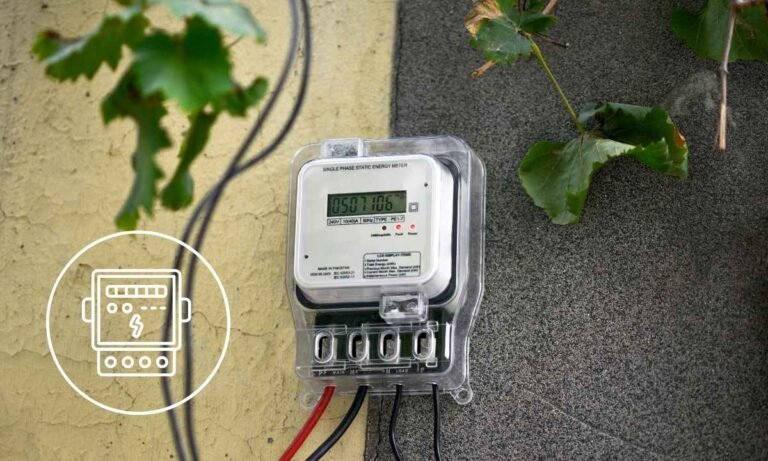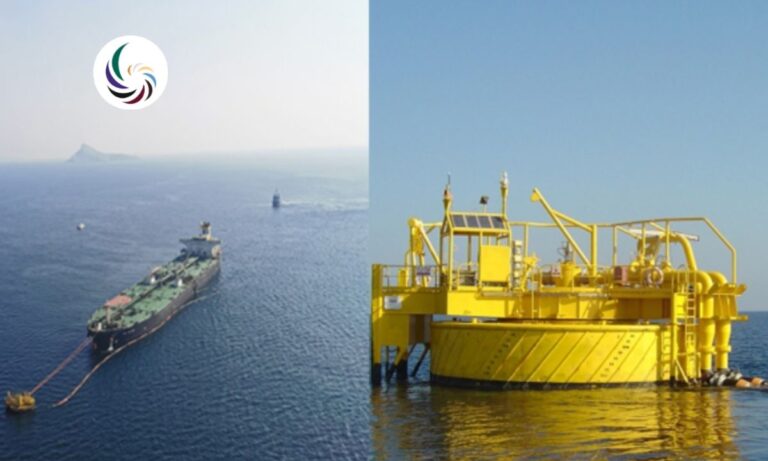Aftab Ahmed
PSO’s 2020 equity swap plan for Guddu, Nandipur plants never took off; circular debt still haunts Pakistan’s energy sector despite privatization moves
Pakistan State Oil (PSO) had once planned to get stakes in Guddu and Nandipur Plants to receive its dues from the power sector in 2020. However, that plan had not been materialized so far, mainly due to the circular debt issue.
The power sector was already stuck in circular debt, which also led the oil and gas sectors to a den of debt over time. Now, the power division plans to privatize these plants or lay off employees.
Back in 2020, the government had explored several options to tackle the rising circular debt, one of which was an equity swap arrangement.
The idea was to hand over Guddu and Nandipur power plants to Pakistan State Oil (PSO) as part of settling its receivables.
Alongside, the proposal also involved transferring government stakes in entities such as Mari Petroleum, OGDCL, and PPL to PSO to reduce the government’s direct cash outflow.
At the time, it was seen as a creative attempt to manage the growing debt burden in the power sector.
However, the swap never materialized. Over the years, the government shifted its focus to privatization as part of wider reform commitments under pressure from international lenders.
While some reports in early 2024 suggested that a caretaker government had approved transferring these plants to PSO, the latest developments point in another direction.
The Privatisation Commission has now moved ahead with plans to hire financial advisers to oversee the privatization of Guddu and Nandipur power plants, signaling that private sector involvement — not PSO control — is the preferred route going forward.
The numbers underline just how entrenched the crisis remains. Circular debt, which had once ballooned to over Rs 2.6 trillion, has recently been reported at closer to Rs 1.6 trillion after stock clearance drives and restructuring efforts.
But PSO’s receivables remain a heavy drag, crossing Rs 858 billion in 2024 and still hovering above Rs 700 billion in mid-2025.
With SNGPL and the power sector among the biggest defaulters, PSO continues to struggle with liquidity pressures, while the government keeps revisiting old ideas alongside new reforms. The episode reflects how proposed fixes often stall, leaving the circular debt issue unresolved and weighing heavily on Pakistan’s energy sector.
The government was working then on an inter-company equity swap model to clear the circular debt that rose to Rs 1.6 trillion.
Nadeem Babar, former Special Assistant to the Prime Minister on Petroleum, had informed during a meeting that PSO’s receivables were stuck in Genco-3. He had said that it would be a good option to consider giving stakes in power plants to PSO.
It was suggested that the privatization commission would be requested to conduct financial due diligence through an external expert to determine the swap price for Guddu/Nandipur power plants.
For equity swap in Guddu and Nandipur, Pakistan State Oil (PSO) would have to do proper financial due diligence through external experts after seeking ECC’s approval.
This was part of an equity swap model. Pakistan State Oil (PSO) had proposed that the government transfer its shares to Mari, OGDCL, and PPL under an equity swap arrangement. The proposed arrangement would help clear the circular debt of Rs 100 billion.
In a letter sent to Asad Hayauddin, then Secretary, Petroleum Ministry of Energy (Petroleum Division), PSO management had said its circular debt had touched an alarming level. It further said that the company appreciated the Ministry of Energy’s support in resolving the chronic issue of circular debt.
The state-run oil marketing company (OMCs) said it is imperative to create fiscal space within the energy supply chain. The management said that there were different options available to resolve the circular debt. Accordingly, it suggested the options of equity swap to settle PSO’s receivable of Rs 100 billion.
PSO said that circular debt had financially crippled it for years. Consequently, the company’s financing costs had also escalated significantly, with last year’s interest payments recorded at Rs 15 billion. This chronic situation had also adversely affected profitability and hindered the infrastructural development investments of the company.
As a viable option, PSO management said that the government of Pakistan could transfer a certain portion of its shareholding in MARI Petroleum Corporation, OGDCL, and/or PPL against receivables of PSO.
However, it further said that the settlement of circular debt by transfer of these shares would not require the government to arrange any funds while keeping control of these strategic assets through PSO.
Furthermore, PSO believed that the above market value might not reflect the fair value of these entities. Therefore, it proposed that the government appoint an independent financial adviser to assess these shares’ fair value and finalize other terms and conditions.
The circular debt had hit the financial position as its receivables had touched Rs 318.9 billion. Read More Stories on Newztodays






